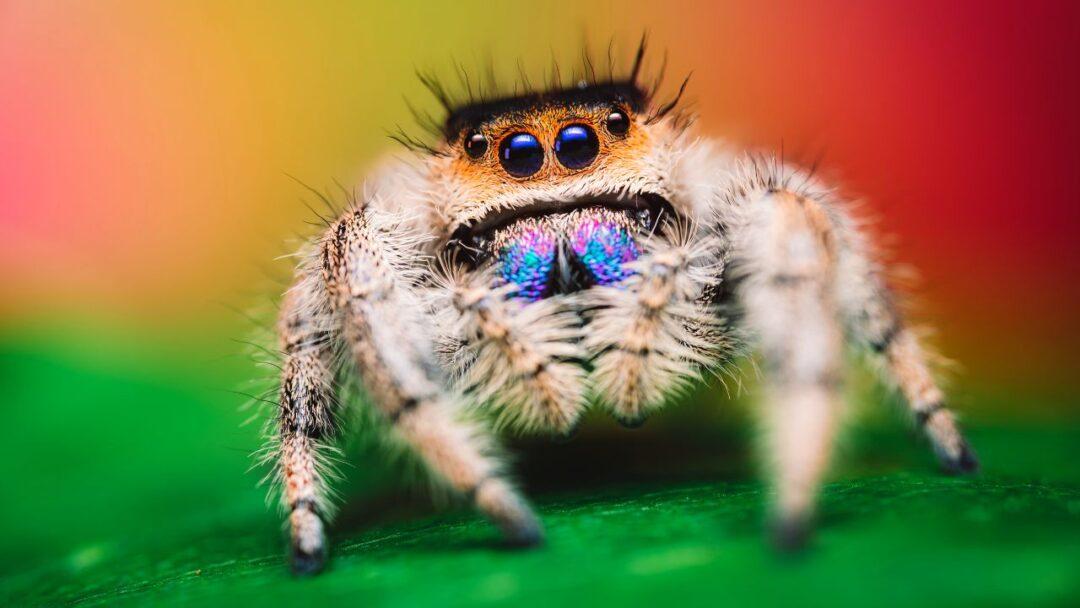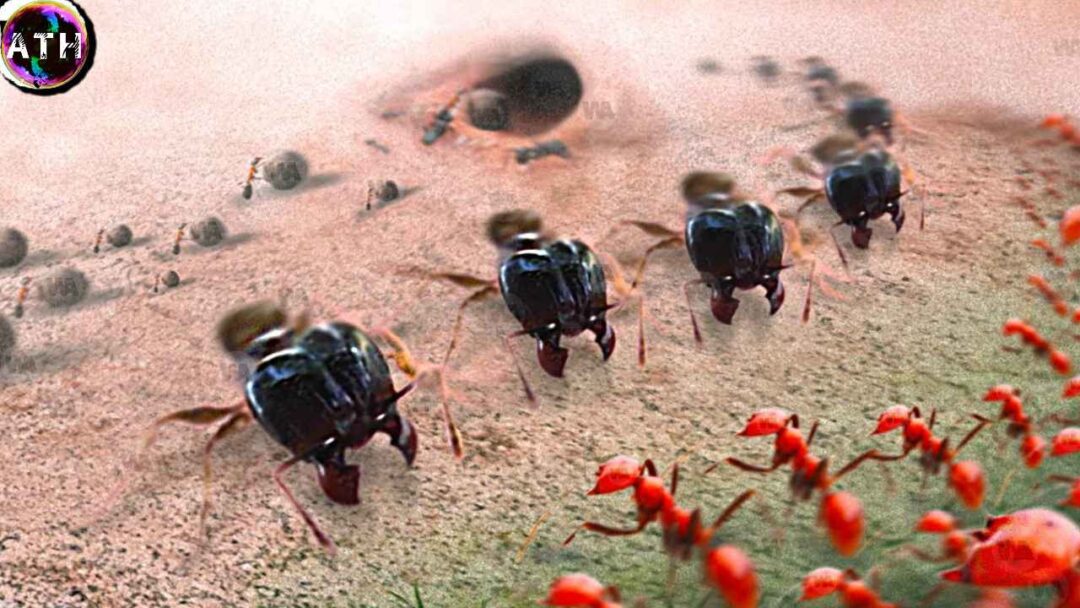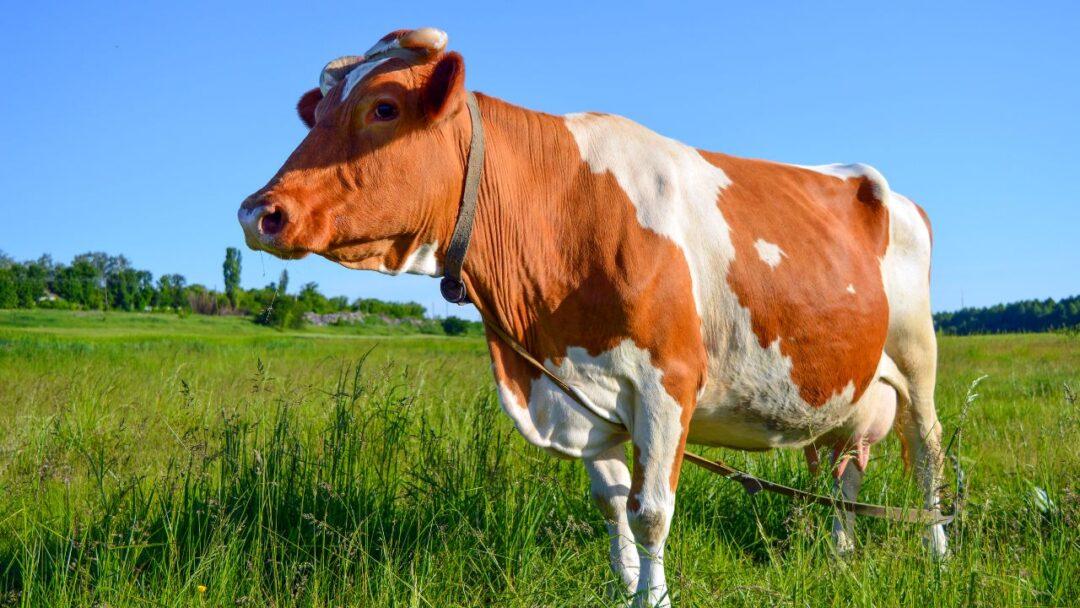Table of Contents

Introduction
10 Fascinating Facts About Spiders. Spiders have been both fascinating and terrifying to humans for centuries. These eight-legged creatures are often associated with webs and venomous bites, but they have many more interesting and surprising facts. In this article, we will explore ten facts about spiders that may change your perception of these fascinating creatures.
10 Facts about Spiders
- Spiders are not insects but belong to the arachnid family, which includes scorpions and ticks.
- Spider silk is one of the strongest materials known to humans, and its tensile strength is stronger than steel.
- Most spiders have eight eyes, but some species have six, four, or even two.
- Some species of spiders can live up to 30 years, and some females can lay thousands of eggs in their lifetime.
- Contrary to popular belief, most spider bites are not harmful to humans and are only mildly irritating.
- Some spider species can jump up to 50 times their body length, which is equivalent to a human jumping the length of a football field.
- Spider venom is currently being studied for its potential medical uses, including treating heart disease and Alzheimer’s.
- Tarantulas are some of the largest spiders, with some species having a leg span of up to 10 inches.
- Spiders are important predators, and they help control insect populations, including harmful pests like mosquitoes.
- Not all spiders spin webs. Some species hunt and capture their prey by stalking or ambushing them.
Mysterious Myths
Spiders have been linked to many myths and stories throughout history. They are seen as symbols of good fortune in some cultures and of bad fortune or death in others. It’s a frequent misconception that swallowing a spider while dozing is common, yet this is not true at all.
How many species of spiders are there?
There are approximately 48,000 known species of spiders in the world.
Are all spiders venomous?
Yes, all spiders are venomous, but not all spider bites are harmful to humans.
Do all spiders spin webs?
No, not all spiders spin webs. Some species hunt and capture prey without the use of webs.
How do spiders breathe?
Spiders have a respiratory system that involves small tubes called tracheae, which bring air directly to their tissues.
Can spiders see?
Yes, spiders have multiple pairs of eyes, but their vision is not as good as that of humans. They rely more on their sense of touch and vibration.
Why do spiders bite humans?
Spiders usually bite humans as a form of self-defense when they feel threatened. Bites may also occur when spiders mistake humans for prey.
How can I prevent spider bites?
You can prevent spider bites by wearing protective clothing, shaking out clothing and shoes before putting them on, and using insect repellent.
Are spiders beneficial to the environment?
Yes, spiders are beneficial to the environment as they play an important role in controlling insect populations.
Can spiders regrow legs?
Yes, spiders have the ability to regrow lost legs, but it may take several molts for a complete leg to regrow.
Are there any poisonous spiders in my area?
Depending on your location, there may be venomous spiders present. It’s important to educate yourself on the types of spiders in your area and how to avoid them. Visit Animal TV Hindi for more Information.
Conclusion
Spiders are fascinating animals with a variety of intriguing and unusual characteristics. They are crucial to the ecosystem and maintain the equilibrium of our surroundings. While some people may find these creatures terrifying, knowing them may enable us to respect and safeguard them. Take some time to notice and appreciate the beauty and significance of a spider in our environment the next time you see one.




